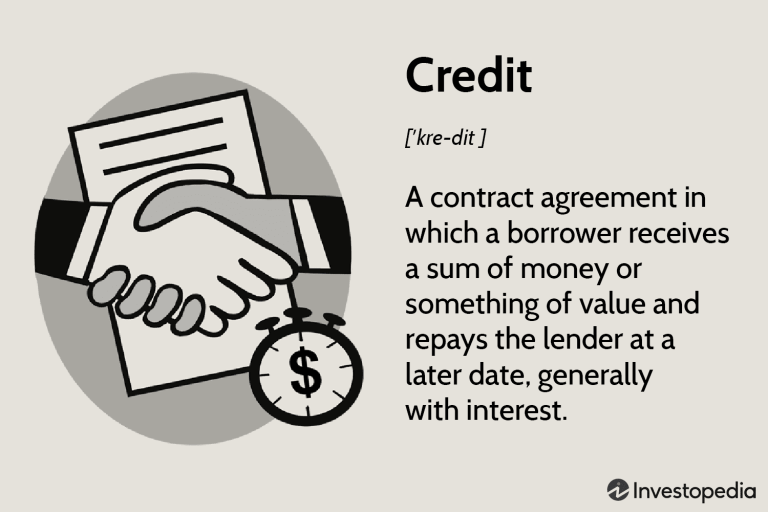Today, we will be answering the question, “what is credit”. Basically, credit is like a promise that you will pay back the money you borrowed from someone. I borrowed $100 from my mom and she’s not expecting me to pay it back until next month. Because I am paying her back at a later time, she needs some way of knowing that I’ll repay her the money so they can’t be spending it on something else in the meantime. This is where something called credit score comes in handy. the credit score shows the lender and the borrower how reliable they are.
The better credit you have, the more likely you can get a loan with a lower interest rate and more favorable terms. Alternatively, the worse your credit is, the higher interest rate will be charged to you. If your credit is too low, it may not be possible for you to get a loan at all.
The simplest way to build your credit is by using it over time. every time you borrow money and pay it back, your credit is being affected. The more you stay on top of your loans and make timely payments, the better your credit scores will be. This is why it’s a good idea to have a few installment and revolving loan accounts in use (like mortgages, car loans and credit cards) as they all contribute equally towards your score.
An installment loan is simply a loan that is repaid over time with equal monthly payments. For example, if you decided to buy a $10,000 car using an installment loan, you’d likely agree to pay back about $250 a month for 60 months (5 years). This means that you’d have to pay back $10,300 in total. since there is little to no risk that you’ll default on the payments (all of them are made on time), they come with very little interest.
A revolving credit is like an ongoing line of credit. For example, a credit card (which is probably the most widely used revolving credit) is a line of credit that’s extended to the borrower and repaid over time with equal monthly payments. While there may be a limit to how much you can use each month, you can also apply for additional credit when needed.
While it may not seem like it, using installment and revolving loans on a regular basis actually help build your credit score. The more loans you’re responsible for, the more likely you are to be able to afford larger loans and will lower your rates. This is because lenders want to know that you are financially responsible and won’t default on your payments if they decide to lend you a lot of money someday. The best thing that you can do is stay on top of all of your loans and pay them back on time!
The purpose of credit is to establish a history of borrowing and repaying money. Basically, the lender has some sort of asset (the money) to lend out to people and wants to ensure that the borrower will pay it back. Because bad loans can cost them a lot of money, they want to know who is responsible and reliable before they give out the loan. This is called credit scoring and everybody has their own way of doing it.

